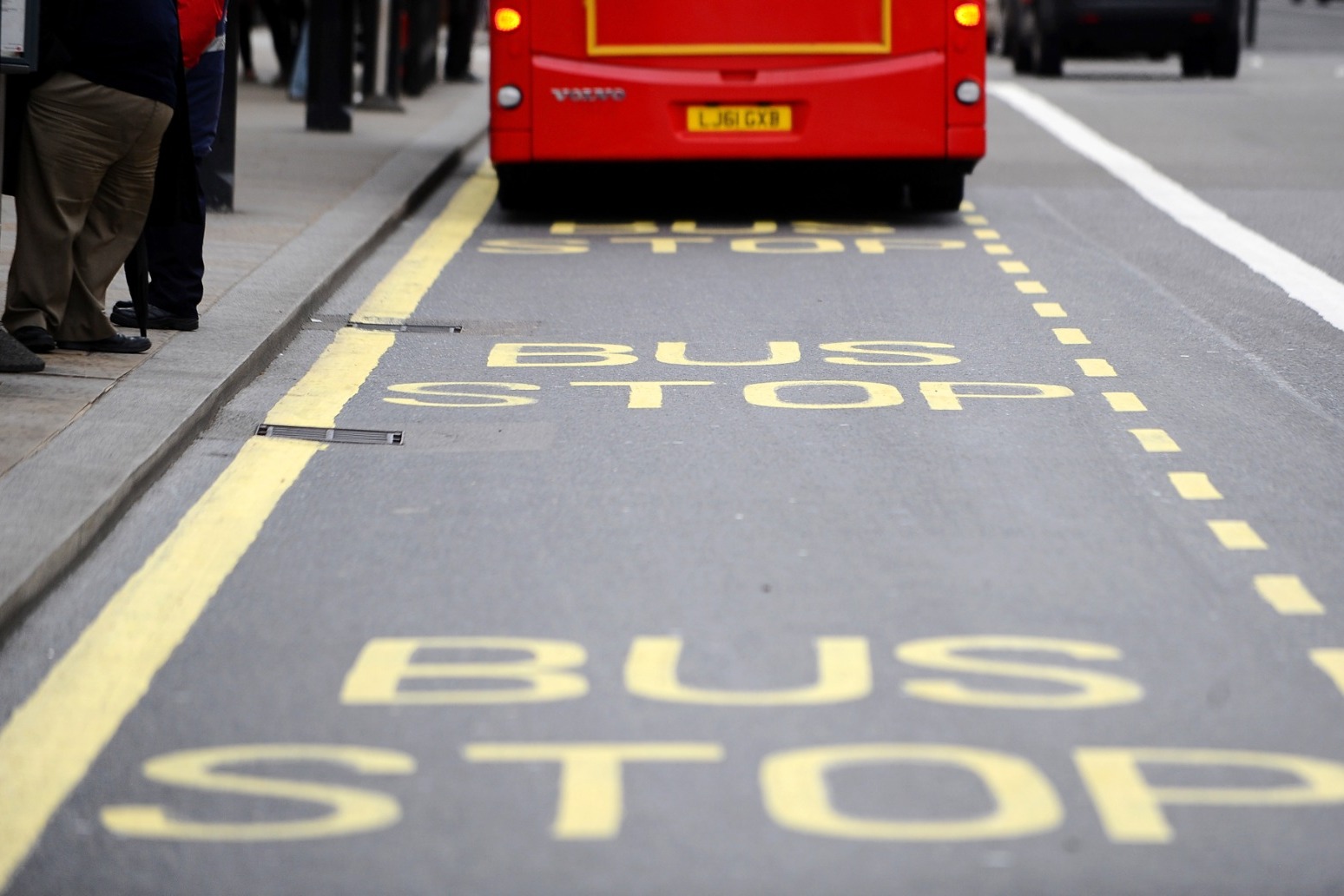
Government plans to give local authorities the power to take over the running of bus services may need “enormous” levels of subsidy, the Conservatives have warned.
Shadow transport minister Kieran Mullan said moves to reverse Margaret Thatcher’s deregulation of the bus services could prove costly, and that the announcement in the Commons on Monday afternoon did not mention any new funding.
Transport minister Simon Lightwood said “enough is enough” over the country’s declining bus services as the Government laid regulations in Parliament to give transport authorities and councils the ability to run their own bus services for the first time since 1986.
Currently only metro mayors can control services this way, including in Manchester and London.
Dr Mullan told the Commons: “We know there are a number of local authorities facing financial and organisational challenges, and whilst I don’t doubt there will be enthusiasm to make use of these new powers, running any form of public transport brings with it real challenges.”
He added: “Depending on the number of local authorities that chose to take up franchising, that could mean significant central Government resources are required.
“Unless I’ve missed it, today’s announcement looks to include absolutely no funding to pay for increased capacity at the department.”
Transport Secretary Louise Haigh called the reforms a “bus revolution” that could save vital routes nationwide.
The Government has also launched a consultation on new, simplified guidance speeding up processes and reducing costs for local leaders looking to bring services into public control.
Mr Lightwood said an announcement on funding would follow in the Buses Bill that will be announced later this year.
He told MPs: “(It will) deliver further measures on issues such as funding, despite the challenging financial circumstances we find ourselves in, inherited from the previous government.”
There are concerns that rural bus services, which are sometimes run at a loss and require funding from local councils to get private operators to run them, could make running routes more costlier than thought for some authorities. Without funding, some are cut.
MPs were told by Mr Lightwood there are now 300 million fewer miles of bus journeys driven a year since 2010. Overall 1.5 billion fewer journeys took place in 2019 compared to 1985, the final year before deregulation ended.
Dr Mullan said: “Many bus routes, especially the rural services are themselves loss making, and that’s before you account for additional resources that local authorities will presumably need to operate.”
His Conservative Party colleague Simon Hoare said: “The delivery of services in rural areas is much more costly than it is in the Manchesters and the Nottinghams and the Londons. That’s just a geographical fact which I think we all accept.”
The North Dorset MP added: “If this is to work in rural areas for all the good reasons which he sets out about social mobility and access to work and education, this is going to require some extra money for rural councils if they are to deliver what I think we all probably want to see achieved.”
Mr Lightwood said that funding would be considered as part of the spending review.
It comes as ministers are “urgently” considering whether to continue a scheme which capped local bus fares at £2.
The measure was introduced in September 2022 during the cost-of-living crisis to help people travel despite the rising price of fuel and goods. It was later extended until November this year, although the fare has since risen to £2.50.
Mr Lightwood said: “We’re looking at the future of the £2 fare cap as a matter of urgency, and we’re considering the most appropriate and affordable approach, and we’ll update the House in due course.”
Conservative former transport minister Richard Holden said: “(It) has been a real success, particularly for access to education opportunities and those in lower-paid work in rural areas, because I think it’s something that has really helped drive bus passenger numbers since the end of the pandemic upwards.”
Published: by Radio NewsHub










